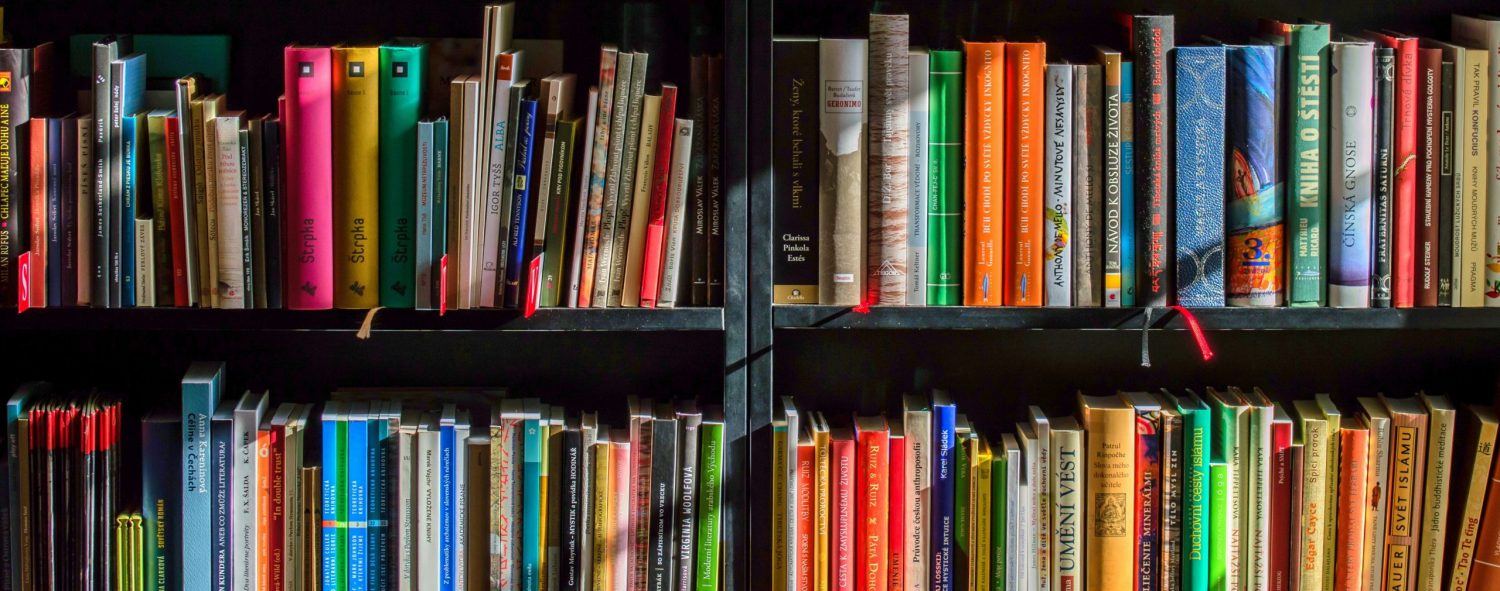I grew up loving libraries. As a military kid, I didn’t always know what to expect each time my family moved. But I knew that wherever I went, as long as I had access to a library, I would have a place to go for safety, solace, and information. The attributes I understood instinctively as a child and teenager are still my firm beliefs as an LIS professional: the library is for everyone, and should provide equal and unrestricted access to a place of safety and privacy, of friendly help, and of information resources. The ALA agrees, noting in its 2021 statement of ethics the need to “affirm the inherent dignity and rights of every person” (point 9), to “protect each library user’s right to privacy” (point 3), to “uphold the principles of intellectual freedom and resist all efforts to censor library resources” (point 2) and to “provide the highest level of service to all library users through appropriate and usefully organized resources; equitable service policies; equitable access; and accurate, unbiased, and courteous responses to all requests” (point 1). These core values of the LIS profession are the carefully considered and deliberately enacted basis behind my childhood feeling of safety in the library.
My understanding of why these commitments are important is, of course, deeper now. My feelings of love for the library were shaped by my privileges: by being a blonde-haired, blue-eyed, white child; by being an English-speaker, by being a strong and precocious reader. Many members of my community without these privileges have historically not been welcomed in the library, and do not perceive it as a place of safety or access. It is vital that I, as a librarian, support equal access, freedom of information, and the right to respect through policy and action, not just ideals. In my work for the MLIS program (for example, my Library of Things collection plan and my Adult Education Center proposal), I worked to better understand the community I serve in Richmond, VA and to design services that cater to unmet needs (for the Library of Things, students without adults at home; for the Adult Education Center, non-high school graduate working adults). By approaching community service with the skills and firm ethics I’ve learned from the MLIS program, I can help to ensure that the future of the library means equal service for all.
In my technical services specialization, I have learned that even the most behind-the-scenes role has an obligation to support equal access. The Society of American Archivists (SAA) notes how less-visible work contributes to meeting community information needs, pointing out how “even individuals who do not directly use archival materials still benefit indirectly from research, public programs, and other forms of archival work” (2020, para. 8). In my MLIS coursework, I learned about the process to appeal outdated or discriminatory subject headings, of the importance of reflecting my diverse community through informed collection development, and of the importance of prioritizing archival preservation of artifacts from historically underrepresented groups. The SAA states that archival workers must “respect the diversity found in humanity and advocate for archival collections to reflect that rich complexity” (summary point 5) as well as “[striving to] respect the diversity found in humanity and advocate for archival collections to reflect that rich complexity” (summary point 1). I believe that my technical services are necessary for the functioning of the library, and that I can use my skills for the good of the community.
In my current position as a cataloging and acquisitions assistant, I support the greater library mission of equal access by ensuring that records are consistent and searchable by students and faculty. Without the cataloging work I do daily, my district’s ILL program would not be possible. This ILL program ensures that students in the underfunded East End of the county have equal access to resources as the West End students, even if the library collections at each school differ. Without a consistent catalog, this would be impossible. The Cataloguing Code of Ethics (2021) notes as its first two points that “1. we catalogue resources in our collections with the end-user in mind to facilitate access and promote discovery,” and “2. We commit to describing resources without discrimination whilst respecting the privacy and preferences of their associated agents.” As a more minor example, I recently needed to change a catalog record following a title change to better reflect a character’s gender identity. This required knowing the possibilities for change under the current cataloging standards. It is my ethical duty to uphold the cataloging standards that make access possible while thinking critically about them and advocating for change when needed.
Supporting these ethical standards on a technical and library-wide scale requires constant learning. Following my graduation, I will need to maintain mastery of technical standards as they change. I will also need to advocate for necessary change when I see current standards upholding barriers to access and representation. My education and work experience have challenged me to understand my community, to see the barriers I unwittingly enforce, and have empowered me to tear them down. Although I have left childhood behind, I still love libraries. And now I know how to work to make the library a safer and more accessible place for everyone in my community.
